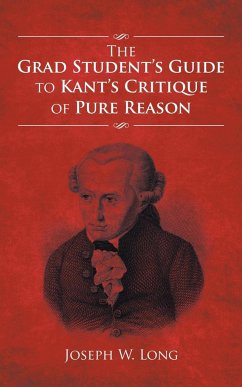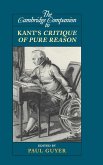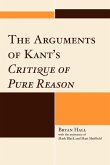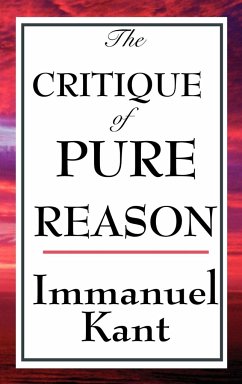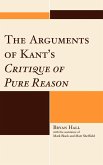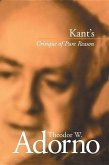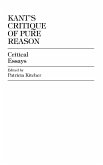While Immanuel Kant's Critique of Pure Reason is one of the most important and influential philosophical works in the history of Western thought, it is also known for being as inaccessible as it is brilliant-an unreadable masterpiece. And as a cardinal text for students of philosophy in both the graduate and undergraduate levels, Kant's first critique and its dense, ungainly style can therefore stand as an intimidating and even monumental challenge. But for careful students interested in exploring this pivotal work, Kant's first critique can have profound implications for their understandings of both metaphysics and epistemology-as well as of the history of philosophy in general. The Grad Student's Guide to Kant's Critique of Pure Reason is a valuable resource for students, professors, and scholars interested in learning more about Kant's philosophy. It provides definitions for key terms that students of Kant's first critique will need to understand, such as analytic, synthetic, a priori, and a posteriori. It discusses the nature and role of synthetic a priori judgments as well as Kant's notion of experience and some of its important components. Including an examination of the historical context of the problem at the heart of Kant's critique, it also explains Kant's transcendental idealism, the transcendental proof, and his so-called first antinomy. With terse and lucid treatments of Kant's categories and principles-as well as a discussion of Kant's critical refutation of skepticism, idealism, and dogmatic rationalism-this guidebook will offer students an illuminating way to make sense of Kant's masterwork.
Hinweis: Dieser Artikel kann nur an eine deutsche Lieferadresse ausgeliefert werden.
Hinweis: Dieser Artikel kann nur an eine deutsche Lieferadresse ausgeliefert werden.

